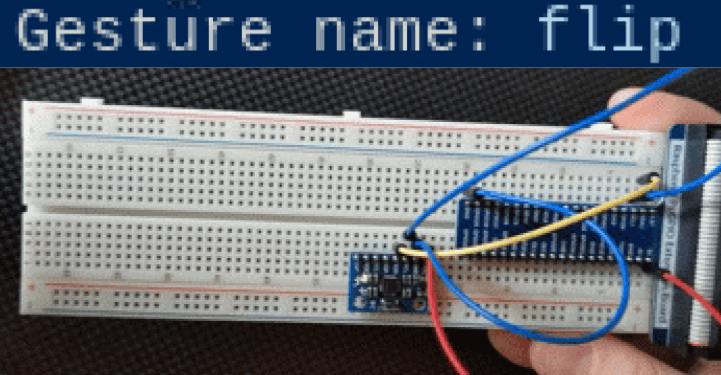

Artificial intelligence (AI) refers to systems designed to mimic how humans solve problems by applying stores of knowledge collected from previous experiences to a new situation. Today, AI is present in technology all around us, from robot vacuum cleaners to virtual voice assistants. For children growing up in this era of rapid advancement, it is vitally important to understand not only what AI is, but how and why it is used in an increasing number of industries. Children are the future, and in the current digital age of self-driving vehicles and automatically curated content, it is evident that the influence that artificial intelligence has on our everyday lives will only increase as time goes on. We have a duty to give young minds the advantage they need to shape their future.
Even when we don’t realize it, nearly everything we do produces data that can be analyzed by a machine to design a solution or improve a process in some way. Helping children understand how to collect, examine, and analyze data sets them up for success in the world of big data. We are moving toward a society in which AI will be considered as fundamental of a skill as mathematics, not just for tech jobs, but for any field that requires creative thinking and the ability to learn by example. Children can get involved even at an early age with online classes and project-based learning activities by AI Code Academy.
We offer programs for different age groups and interests. Early elementary students can get started by creating their own image classification, sound recognition, and chatbot applications in Scratch using block-based programming. Our unique platform allows students to create and apply data-driven AI systems without ever needing to learn a text-based programming language. Students can also share the machine learning projects they create in Scratch with friends and family as shown in the video below. The earlier students are exposed to machine learning methods, the better prepared they will be for future challenges.
For older learners, we have two course tracks for students to choose from. Those who want to gain experience with data collection using sensors are encouraged to try our Machine Learning with Raspberry Pi course series, which teaches Raspberry Pi and electronics fundamentals, as well as how to write Python code to interact with circuit components and our online machine learning platform. Advanced Python students who are ready to take the next step and begin incorporating AI in their code can join Machine Learning in Python with Big Data, where they will learn the basics of AI, analyze large data sets, and eventually create and apply machine learning models in their own projects using real python libraries. Each track has its own focus within the broader area of AI, and after completing one track, many students choose to enroll in the other.


Perfect for students with some Scratch experience looking to explore machine learning
For students interested in working with circuits and learning how to create smart electronic systems
For Python students who are ready to dive into creating their own machine learning projects using code
This website was made with Mobirise